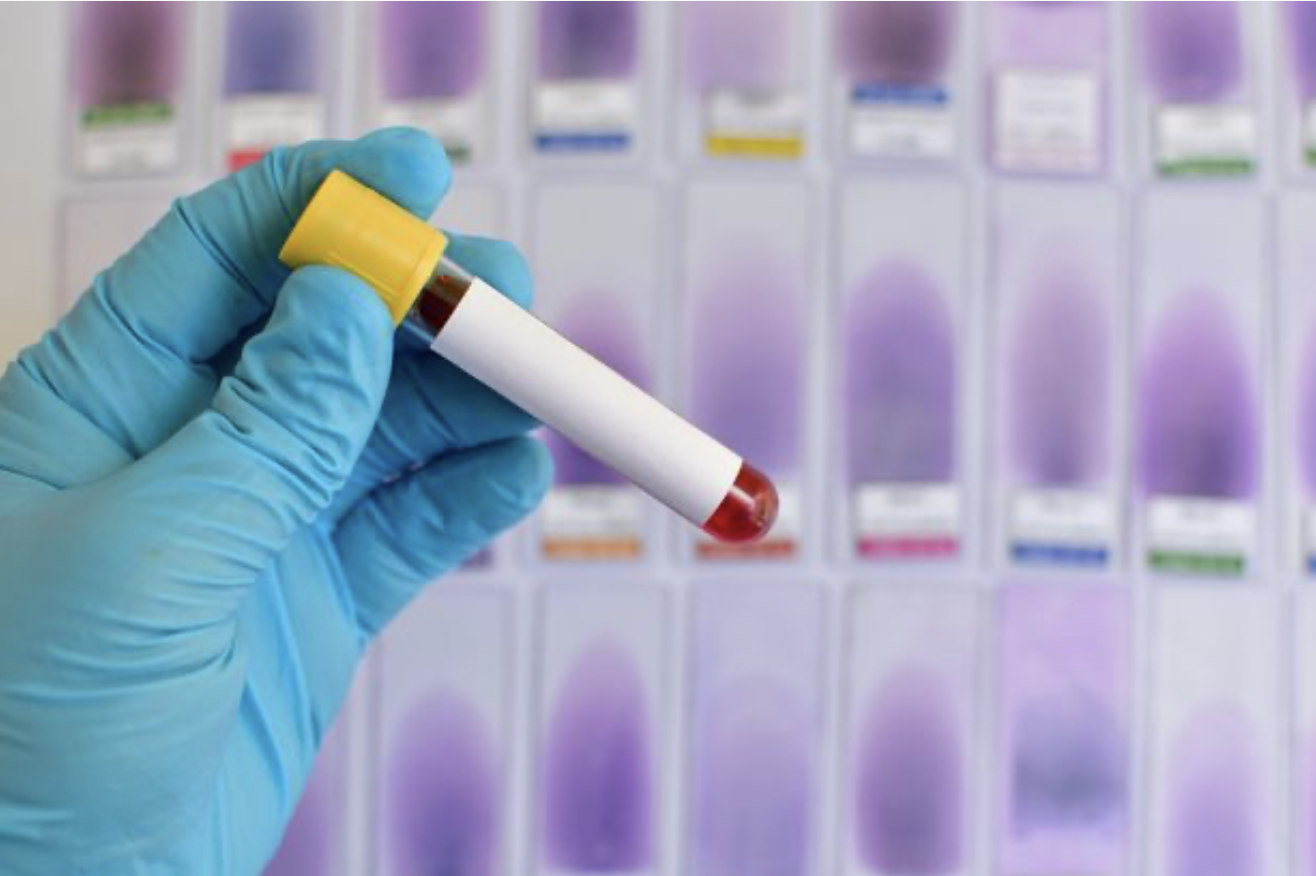

Photo: screenshot from website
Mystery cases of acute hepatitis among children that first emerged in the UK are now being seen in more countries including Denmark, Ireland, the Netherlands, Spain and the US. The exact cause is still unknown.
Chinese health experts suggested China should monitor this unexplained illness through epidemic intelligence activities and offer treatment if some children start exhibiting the symptoms.
The European Centre for Disease Prevention and Control (ECDC) said in a statement sent to the Global Times that as of now, the US has reported nine cases of acute hepatitis among children between 1 and 6 years old. Four more European countries – Denmark, Ireland, the Netherlands and Spain – have also had such cases.
At least 84 cases of severe acute hepatitis were identified in the UK, where most of the cases have occurred to date since April 5, media reports said.
An investigation team in the UK said that an infective factor is the most likely explanation, based on the clinical and epidemiological features of the cases, the ECDC said. The nine cases identified in the US tested positive for adenovirus, which some health experts said is a common virus that could typically cause cold-like symptoms or gastrointestinal illnesses but are rarely a cause of severe hepatitis.
Zhuang Shilihe, a Guangzhou-based medical expert, told the Global Times on Wednesday that an infectious cause of hepatitis among children is likely, such as adenovirus. It could be either a new variant of adenovirus that could develop obvious symptoms after infection or a normal variant of adenovirus that tends to affect children whose immune system is not well developed.
But the possibility that this may be triggered by a new kind of virus cannot be ruled out. More research should be done to confirm the specific pathogen cause for the illness among children, Zhuang said.
Another health expert based in Beijing who requested anonymity told the Global Times that exposure to an adenovirus-related environment should also be studied regarding the cause of the cases.
No evidence of a direct link to COVID-19 infection from the information released so far was found. The ECDC said that of the 13 cases reported by Scotland, only three tested positive for SARS-CoV-2 infection, five tested negative and two were documented to have had an infection in the three months before presentation. Eleven of these 13 cases had results for adenovirus testing and five tested positive.
“No link to the COVID-19 vaccine was identified and detailed information collected through a questionnaire to cases about food, drink and personal habits failed to identify any common exposure,” the ECDC said.
Though some tested positive for COVID-19 and/or adenovirus, further genetic characterization of the viruses should be undertaken to determine any potential associations between cases, the WHO said.
Zhuang, however, said other indirect links to COVID-19 infection cannot be ruled out, and a combination with Omicron infection could increase the severity of the cases. For instance, these children’s immune systems are underdeveloped due to COVID-19 epidemic restrictions that have reduced their chances of being exposed to a variety of viruses that are commonly present in early childhood.
According to the ECDC, the clinical symptoms in the identified cases are of severe acute hepatitis with increased levels of liver enzymes, and many presented with jaundice. Some showed gastrointestinal symptoms, including abdominal pain, diarrhea and vomiting.
Some severe cases have required transfer to specialist children’s liver units and six children have undergone liver transplants, the WHO said.
A spokesperson from the WHO told the Global Times on Wednesday that the WHO is aware of the situation and is in communication with its member states to gain further information.
Restrictions on travel or trade with the UK or any other country where cases are identified are currently not necessary, the WHO said.